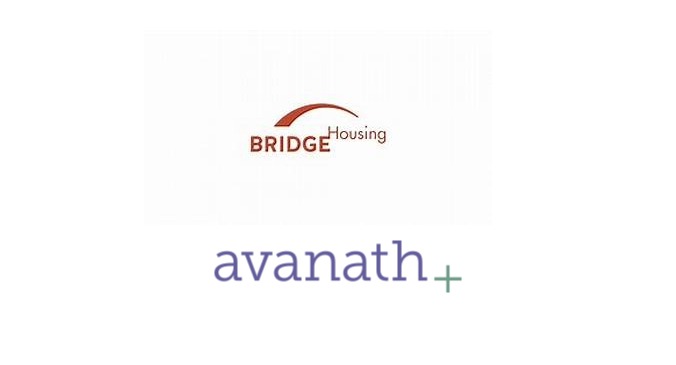Although the term first appeared in a 1964 paper by Michael Beldoch, it gained popularity in the 1995 book by that title, written by the author, psychologist, and science journalist, Daniel Goleman.
Many employers have indicated that emotional intelligence is a top trait that they desire in candidates. The future workforce of Generation Y (born between 1981-1994 AKA “Millennials”) and Generation Z (born after 1995 AKA “Linksters”) will not innately have this trait. Why? Because EI comes with time and experience and dealing with personal and professional situations and relationships.
It’s well known that Gen Y and Gen Z have grown up in the digital age where technology provides a platform for instant gratification in all aspects of life. In the tap of a tablet or click of a mouse—one has access to communication, information, goods and services. The digital age has made life easy for all generations, not just Gen Y and Gen Z. However, growing up during the digital age, glued to Facebook, Instagram and communicating mainly via text, instant message or other electronic platforms has created a potential gap in interpersonal skills. Lacking face-to-face interaction makes learning emotional intelligence difficult.
The Pew Research Center conducted a survey of 1,021 respondents whereby 42 percent responded that by 2020 Gen Y and Gen Z will “…spend most of their energy sharing social messages, being entertained and distracted away from deep engagement with people and knowledge. They’ll lack deep thinking capabilities and face-to-face social skills.” (Business Insider, 3/28/12).
If this is such an important trait in the work place, then what are employers doing to bridge the gap? It’s a true challenge even with taking the right steps to first admit that there is a gap.
There are complexities among all generations in terms of facing the issue. Gen Y and Gen Z may not feel there is an issue; they don’t know what they don’t know. In other words, they haven’t had issues with their own generation, but now that they are in a multi-generational work place and they will soon begin to experience challenges.
Previous generations, Gen X (born 1965-1980) and boomers (born 1946-1964) sense there is a real opportunity to make communication stronger but may also not understand the behavior of Gen Y and Gen Z. Older generations may not understand why the younger generations aren’t behaving the way they did when they were young.
For older generations to make progress in communicating with Gen Y and Z, it makes sense to meet them where they are and start a conversation about what is important to their generation. Starting a relationship with each other begins with the more mature party approaching the younger party.
As mature adults we’ve experienced more of the world; it’s up to us to start the conversation. There are reasons the younger generation won’t take the first step: older generations intimidate them. There’s confusion about work place hierarchy and protocol for initiating a conversation and the obvious reason—they prefer electronic communication. Explaining the “why” emotional intelligence helps engage Gen Y or Z. Appealing to them based on their priorities (such as career advancement) helps them understand how emotional intelligence works. Daniel Goleman said “IQ gets the job, but EQ gets the promotion.”
Important workplace characteristics to note about Gen Y and Gen Z:
- They enjoy meaningful work
- They want to advance at work
- They like to be involved in charitable volunteer work
Once a connection begins, the more mature generation can start a dialogue about the importance of face-to-face communication within the work place.
Employers should identify a mentor for a new Gen Y or Z employee during on-boarding. Programs embodying the four components of emotional intelligence give the mentor opportunities to model self-awareness, social awareness, self-management and relationship management. Further, when a real life situation presents itself, the mentee can recall what was modeled for them and apply those concepts to the situation.
Author: Julie Yesnick is National Chair for Education and Knowledge Products Committee for the Institute of Real Estate Management (IREM).














